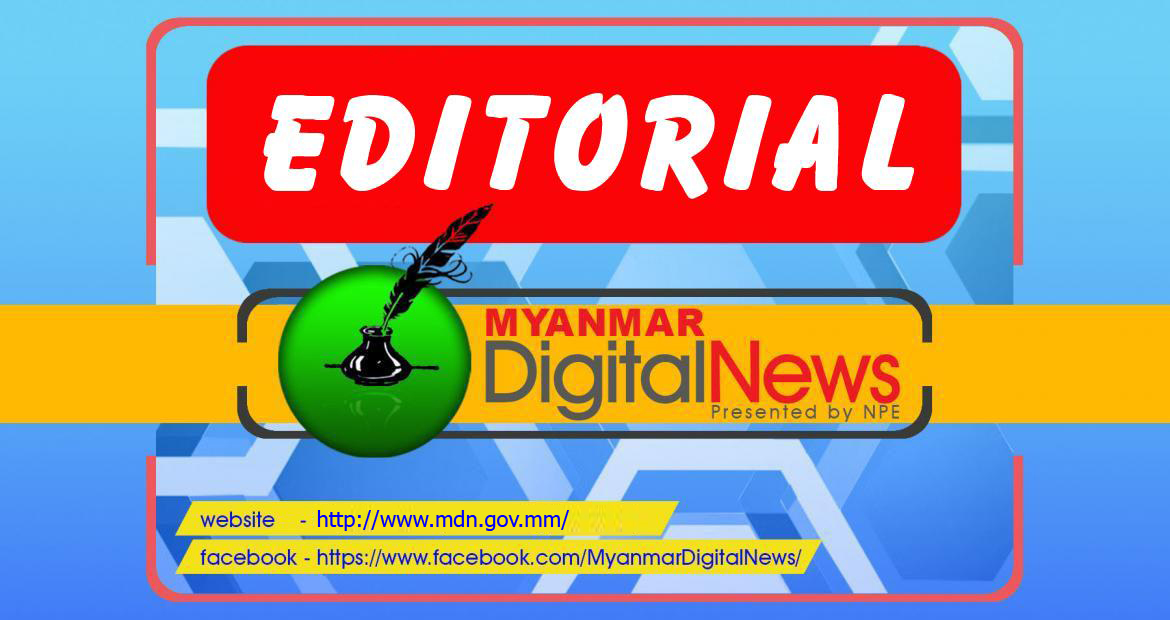The 2020 General Election has already started with nationwide advance voting.
Electoral disputes that occurred along with the advance voting have been settled through negotiations.
The UEC announced yesterday that an eligible advance voter from Mawlamyainggyun Township has been charged for fraud for voting two times.
Meanwhile, a polling station representative of a candidate of the Union Solidarity and Development Party in Hlegu Township, Yangon (North) District, has also been charged for giving a seal, which has not been issued by the Union Election Commission to the polling stations, to the polling station official to be used for advance voting.
Section 58 (d) of the Hluttaw Election Law has prohibited giving speeches at meetings, instigation, writing, distributing or using posters or attempting by other means to disturb the voting or election. Whoever is found guilty of or abetting this act shall be punishable with imprisonment for a term not exceeding one year or with fine not exceeding one hundred thousand kyats or both.
However, there are some officials of some political parties who have not been following the law by spreading disinformation on social media about the advance voting, though the authorities are enforcing these rules to keep the general elections smooth, free, fair and safe.
UEC has warned that those who spread disinformation or attempt by other means to disturb the voting or election can face fines and even prison time, or both under Section-58 (d) of the Hluttaw Election Law.
The issue of social media and disinformation has gained increasing attention as a fundamental threat to the integrity of elections worldwide.
Fake news, hate speech and disinformation on popular social media platforms, which are rampant in this age of misinformation, become challenges which can disrupt elections anywhere in the world.
In Myanmar, the number of social media users has increased from 7 million in 2015 to 21 million in 2020. Coupled with the increase in the number of social media users, it is getting harder and harder for people to distinguish between correct news and fake news on social media platforms.
We need to be on the alert about their potential to disrupt the democratic process. We need to prevent them, and when they occur, we need to be quick to react.
To end fake news, disinformation and hate speech, we all must observe the code of ethics, written with the consensus of all. The most important and effective way is the observation of morality and civic rules by each citizen.
We must not tolerate voter disinformation.


